
How to Apply for an International Patent
Part1
Determining the Patentability of your Invention
- 1Determine if you have a patentable invention. U.S. law sets forth the following requirements for something that can be patented:
- It must be invented or discovered by a person;
- It must be a new and useful process, machine, manufacture, or composition of matter; or
- If not new, it must be an improvement on a useful process, machine, manufacture, or composition of matter.[1]
2Verify your invention is not already patented. If your invention meets the requirements for a patentable invention, you must conduct a search to determine whether your idea has already been patented. The US Patent and Trademark Office recommends you follow the following seven steps to search for a patent:- Brainstorm terms that are related to your invention. When coming up with terms, think about words relevant to your inventions purpose, make-up, and use.
- Search for your terms on the USPTO website at: http://www.uspto.gov. You should conduct your search in the following format "CPC Scheme [plus keywords(s) describing invention]." This search should help you locate the invention’s Cooperative Patent Classification (CPC).
- Once you have located the CPC, review the linked definition to make sure that the definition fits your invention.
- Search the USPTO patent database, http://appft.uspto.gov, for all patents matching your CPC. After identifying the patents, quickly skim the first page of each patent to determine whether it matches your own invention. If there is a similarity, read the documents more closely including descriptions of the intended use of the invention and any drawings of the invention.
- If your initial search does not turn up any similar patents, expand your search by performing a key word search on the http://appft.uspto.gov website. You can also search additional databases at http://worldwide.espacenet.com and http://www.uspto.gov/ptrc.[2]
3Hire a patent lawyer. Once you have conducted your initial search and found no matching patents, you should hire a patent lawyer. The filing of domestic and international patents requires significant paperwork, legal knowledge of patent law, and experience. While you can attempt to complete the filings yourself, it is strongly advised that you hire someone who has previously applied for patents. This attorney should be able to streamline the process, ensure that you don’t miss any deadlines, and prepare your paperwork so that it meets the requirements.- The USTPO maintains a list of registered patent attorneys here: https://oedci.uspto.gov/OEDCI/.
Part2
Applying for a Patent in Your Region
- Determine if you are applying for a provisional or non-provisional patent. A provisional application is essentially a placeholder where you begin to protect your invention before it is a fully formed or completed idea. If you file a provisional application, you will eventually need to file a non-provisional application within one-year of filing the provisional application.
- A provisional application may be right for you if you are unsure of the commercial value of your invention but you want to protect your invention. It is less expensive to file a a provisional application and you have 12 months to determine if you want to move forward with the cost and time of filing a non-provisional application.
- If you have already determined the commercial value of your invention and intend to move forward with the production of the product, you should apply for a non-provisional patent and save yourself the time of completing two applications.[3]
2Draft a provisional patent application. The provisional patent application provides a less expensive means for applicants filing for U.S. patents. A provisional patent means that the patent is pending. You can file a provisional application without a formal patent claim, oath, declaration, or an information disclosure statement.[4] A provisional patent application must include:- A description of the invention in clear, concise and exact terms.[5]
- Any drawings necessary to understand the invention.
- A coversheet that identifies the application as provisional and provides: the names and residences of all inventors; the invention’s title; the name and registration number of any registered attorney/agent working on the application; the mailing address; and the name of any U.S. Government agency with an interest in the application.
- The annual filing fee, which can be located at: http://www.uspto.gov/learning-and-resources/fees-and-payment.
- The coversheet can be downloaded from: http://www.uspto.gov/patent/forms/forms-patent-applications-filed-or-after-september-16-2012.[6]
3Draft a non-provisional patent application. Unlike the provisional patent application, a patent officer examines a non-provisional patent application and if it meets all of the requirements, a patent will be issued. In order to submit a complete non-provisional patent application, your application must include:- A Utility Patent Application Transmittal Form, which lists the required documents for the application and contains the inventor(s) signature or the signature of the inventor’s attorney.
- A Fee Transmittal Form that specifies the fees that are being submitted with the application.
- A signed Application Data Sheet that lists inventor and/or applicant information, an address for correspondence, a description of the domestic benefit, and any foreign priority or assignee information.
- A certification of small and micro entity status, if applicable. If you qualified as a small and micro entity, you must submit one of the following forms: Certification based on gross income or Certification based on institution of higher learning.
- Any specification documents, which are documents that describe the invention and how it is used. For a full list of specification requirements visit: http://www.uspto.gov/web/offices/pac/mpep/s608.html#d0e44589.
- All drawings that are necessary to understand the invention.[7]
- The inventor’s oath or declaration that states the application was made by or on behalf of the inventor, that the invention is believed to be an original invention, and an acknowledgement that any false statement is punishable under the law and by imprisonment. The inventor must sign the document.[8]
- You can find a link to patent forms at: http://www.uspto.gov/patent/patents-forms.
4File your patent with the USPTO. Both provisional and non-provisional applications for patents can be filed in the following ways:- Electronically using the EFS-Web. All documents must be submitted in pdf format. You can register for the EFS-Web system, file your documents, and pay your fees at http://www.uspto.gov/patents-application-process/applying-online/about-efs-web.
- You can submit your application and fee by mail to: Commissioner for Patents, P.O. Box 1450, Alexandria, VA 22313-1450.[9]
Part3
Applying for an International PCT Patent

Overview of the PCT System

Comparison of Paris and PCT Route

Patent Cooperation Treaty (PCT) filing flowchart
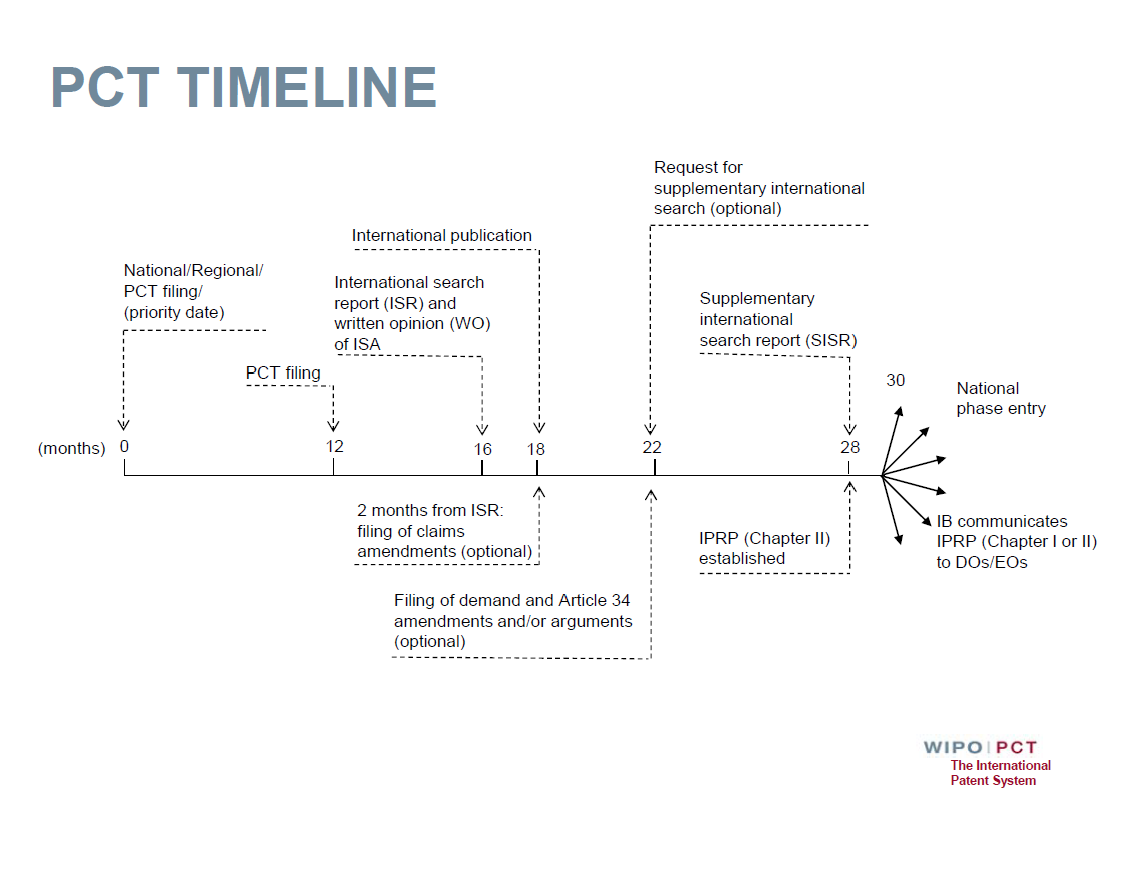
PCT COUNTRIES IN GREEN
- Be mindful of the 12-month deadline for filing an international patent under the Patent Cooperation Treaty. The PCT is an international treaty that allows member countries to file a single international patent application that would be recognized by the other 148 member countries. This patent application must be filed within twelve months of the date that you filed your provisional or non-provisional application with the USTPO.2Check foreign country deadlines. Typically, once you submit your PCT patent application you will have between 18 and 30 months to then file your patent in individual countries. This is called “nationalizing” your patent and is discussed below. Before you file your PCT patent, you should be aware of the deadlines so that you can plan your patent application timeline accordingly.[10]
- You can review a list of country-specific deadlines for nationalizing patents at: http://www.wipo.int/pct/en/texts/time_limits.html
3Draft a PCT patent application. The PCT patent application requires a number of documents and information for it to be deemed complete. You should consider hiring an attorney that specializes in patent law and is experienced in PCT patents to assist you in drafting your application. Your PCT application must include the following:- A PCT Request form that sets forth many of the requirements of the PCT application. The request contains: a petition that the application be processed; the title of the invention; the name of the inventor and/or agent; the inventor’s residence and address; and the inventor’s choice of which international searching agencies he or she wants to conduct the international patent search. The form is located at: http://www.wipo.int/pct/en/forms/
- The Description must explain the invention in a clear and complete manner. The description should include the following parts: “Technical Field,” “Background Art,” “Disclosure of Invention,” “Brief Description of Drawings,” “Best Mode for Carrying Out the Invention” or, where appropriate “Mode(s) for Carrying Out the Invention,” “Industrial Applicability,” and, if applicable, “Sequence Listing” and “Sequence Listing Free Text.”
- The Claims section must define the protection that is being sought for the invention.
- The Drawings section include any technical drawings, perspectives, sections, cross-sections, or other diagrams that are necessary for a reviewer to understand the invention. [11]
- For applications filed via EFS-Web the application must be in PDF format and on paper size A4.
- All documents must have a minimum resolution of 300 dpi.[12]
4File PCT patent application. A PCT patent application can be filed with the International Bureau of the World Intellectual Property Organization (WIPO) in the following ways:- Electronically via the ePCT system located at https://pct.wipo.int/LoginForms/epct.jsp; or on the PCT-SAFE system located at http://www.wipo.int/pct-safe/en/.
- By fax to (41-22) 910 06 10 (or (41-22) 338 70 60 in case of transmission difficulties). You must forward the original document within 14 days to the address listed below.
- By mail or hand delivery to: International Bureau of WIPO, PCT Receiving Office Section, 34, chemin des Colombettes, 1211 Geneva 20, Switzerland.
5Pay required fees. In order got your patent application to be reviewed, you must pay the required fees.- The fees can be paid in Swiss francs, US dollars, or Euros.
- A list of required fees can be found at: http://www.wipo.int/pct/guide/en/gdvol1/annexes/annexc/ax_c_ib.pdf.
- Application fees can be paid by credit card, account debit, bank transfer or by check made payable to the World Intellectual Property Organization.[13]
6Wait for international patent search to be conducted. Once you have submitted your PCT application, one of the international patent search companies will perform a patent search and write a report as to the patentability of your invention. If your patent is accepted, your application will be published along with the patentability opinion. You also have the option to withdraw your application.[14]7Nationalize your foreign patent. Once you have submitted your application and received a favorable opinion on patentability, you must “nationalize” your PCT application in any country that you want to grant you a patent. For example, if you want France and China to grant you a patent, you must submit your PCT application to each of those countries.- As discussed above, each jurisdiction has specific deadlines for when you must nationalize your application. You must file your application before the deadline passes.
- Typically for nationalization you will have to pay a fee, submit some documentation and potentially translate your application. Since each country has different rules, it is wise to hire a local attorney in the country that you are seeking patent protection. Your U.S. attorney should be able to set up this arrangement and work with local lawyers to ensure the application is filed correctly.
- You want to nationalize your application where you have expected or actual sales of your invention. The cost for nationalization can run between $4000 and $7000 per country.[15]
8 Enforce your patent. If someone uses your patented invention without permission. This is called patent infringement. In order to secure the right to sue for patent infringement, you must have nationalized your patent in the foreign jurisdiction where your patent was used unlawfully.- Even though countries may allow a lawsuit for patent infringement, not all countries have the legal mechanisms in place to actually enforce the decision.
- Certain international treaties, such as the North American Free Trade Agreement (NAFTA) or the International treaties such as the North American Free Trade Agreement (NAFTA) and the Agreement on Trade-Related Aspects of Intellectual Property Rights (TRIPS), have provisions to enforce patents and provide remedies for patent infringement. However, these treaties are only relevant if the country where the infringement occurred is a party to the treaty.[16]
- If you believe that your patent was infringed, ask your domestic attorney speak with the local attorney who you used for the nationalization process. They should be able to help you bring a patent enforcement case.
Sources and Citations
- ↑http://www.uspto.gov/patents-getting-started/international-protection/protecting-intellectual-property-rights-ipr
- ↑http://www.uspto.gov/learning-and-resources/support-centers/patent-and-trademark-resource-centers-ptrc/resources/seven
- ↑https://www.legalzoom.com/knowledge/patent/faq/pap-versus-nap-filing
- ↑http://www.uspto.gov/patents-getting-started/patent-basics/types-patent-applications/provisional-application-patent
- ↑https://www.law.cornell.edu/uscode/text/35/112
- ↑http://www.uspto.gov/patents/resources/types/provisional_app.pdf
- ↑http://www.uspto.gov/web/offices/pac/mpep/s608.html#d0e47639
- ↑http://www.uspto.gov/sites/default/files/inventors/Checklist_for_Filing_a_Nonprovisional_Utility.pdf
- ↑http://www.uspto.gov/patents-getting-started/patent-basics/types-patent-applications/provisional-application-patent
- ↑http://www.ericksonlawgroup.com/law/patents/patentfaq/can-i-file-an-international-pct-patent-application/
- ↑http://www.wipo.int/pct/guide/en/gdvol1/pdf/gdvol1.pdf
- ↑http://www.uspto.gov/sites/default/files/patents/process/file/efs/guidance/indexing-pct-new-appl.pdf
- ↑http://www.wipo.int/pct/en/filing/filing.html#8_mail
- ↑http://www.ericksonlawgroup.com/law/patents/patentfaq/can-i-file-an-international-pct-patent-application/
- ↑http://www.ericksonlawgroup.com/law/patents/patentfaq/can-i-file-an-international-pct-patent-application/
- ↑http://www.iphandbook.org/handbook/ch10/p06/

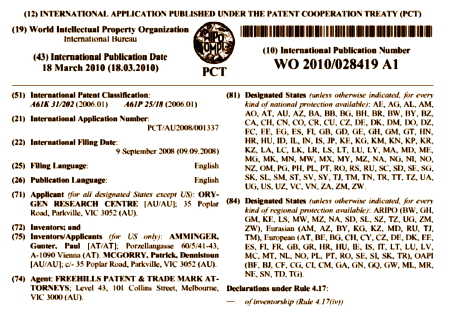
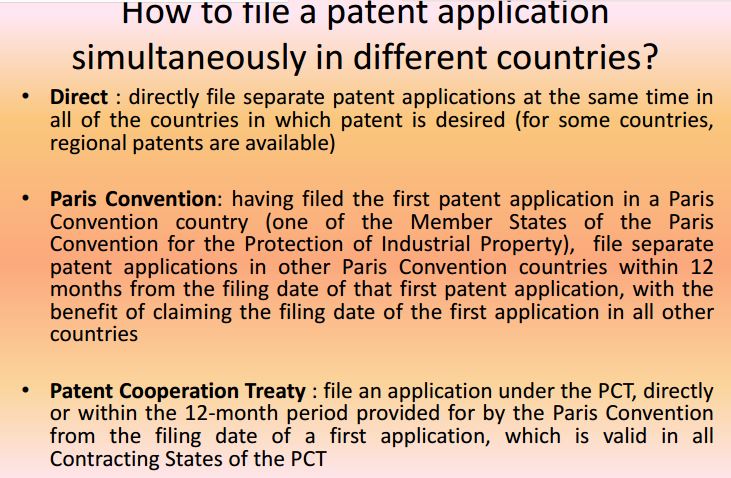
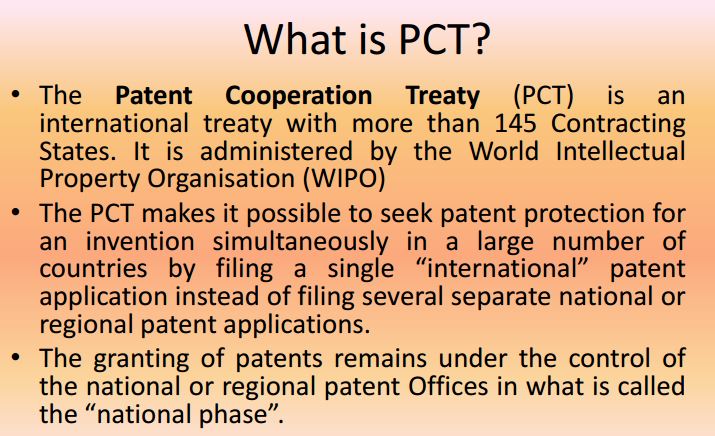
PCT COUNTRIES IN BLUE

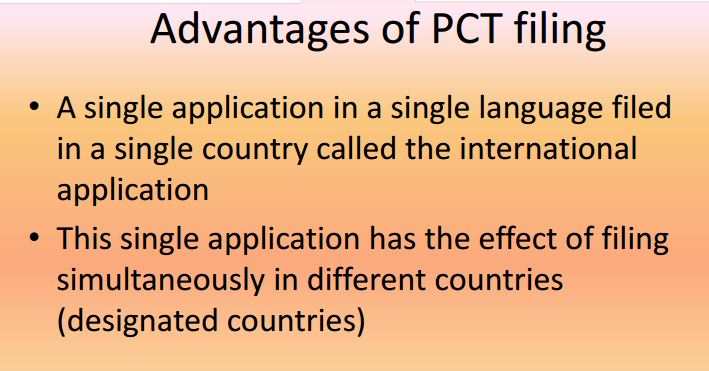
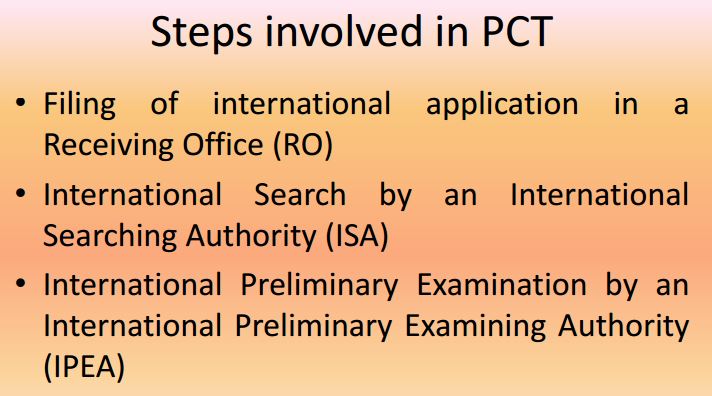
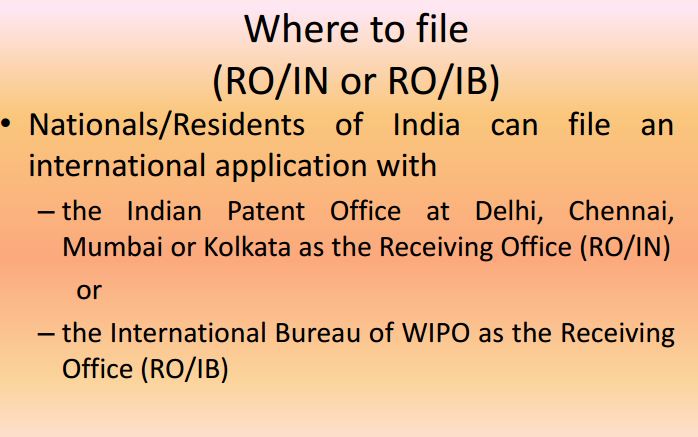
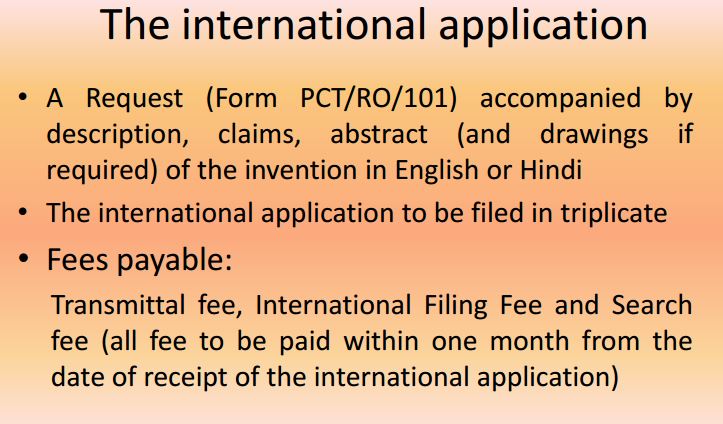
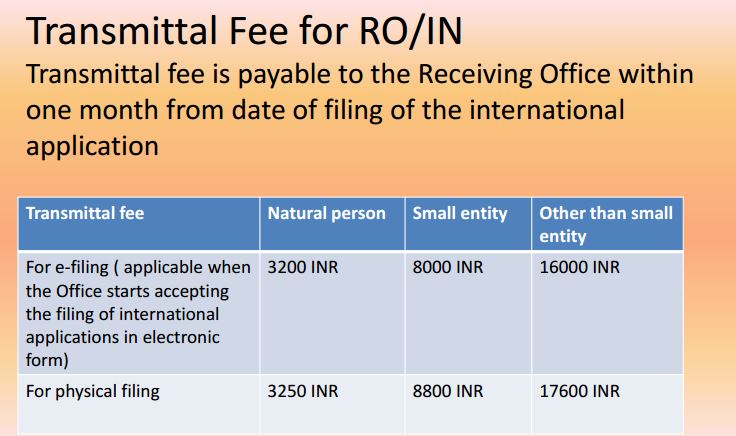
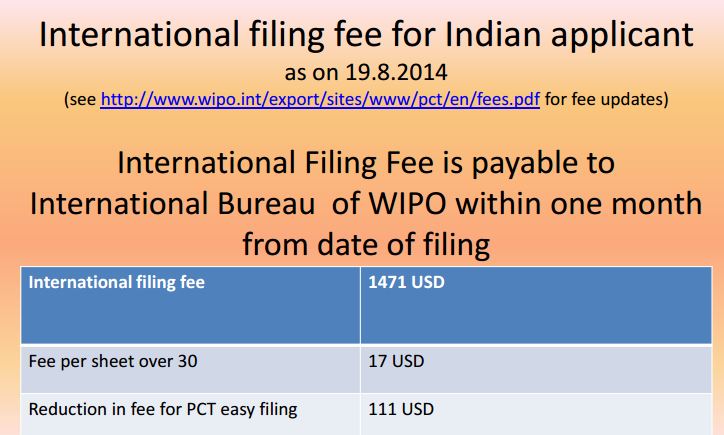
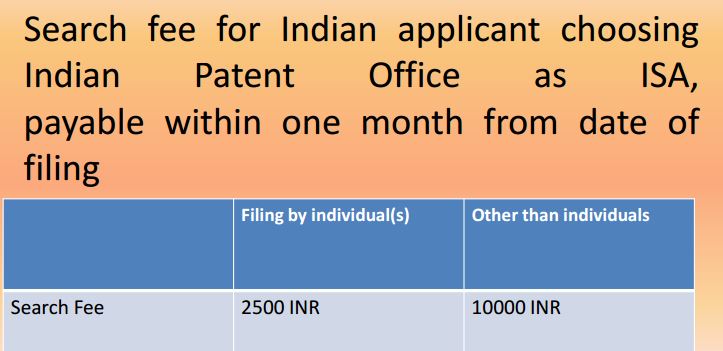
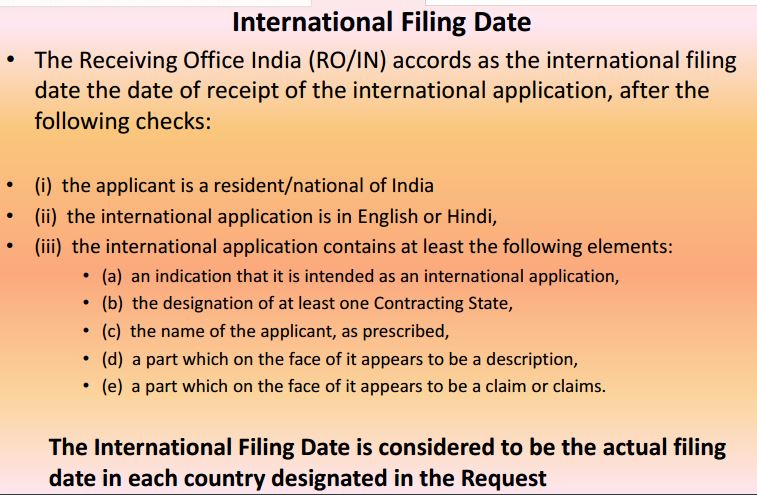
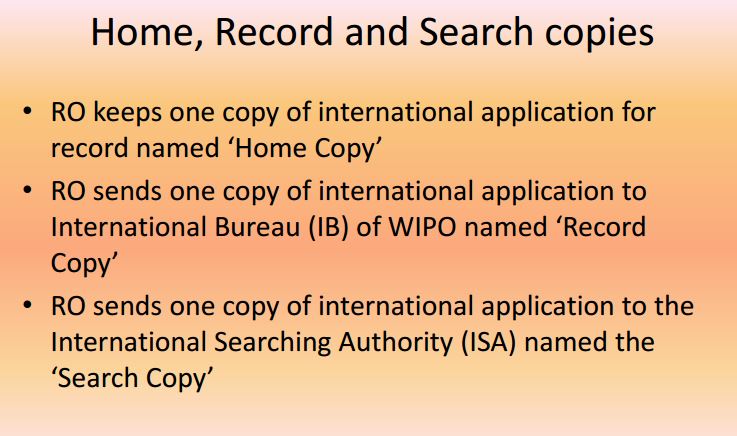
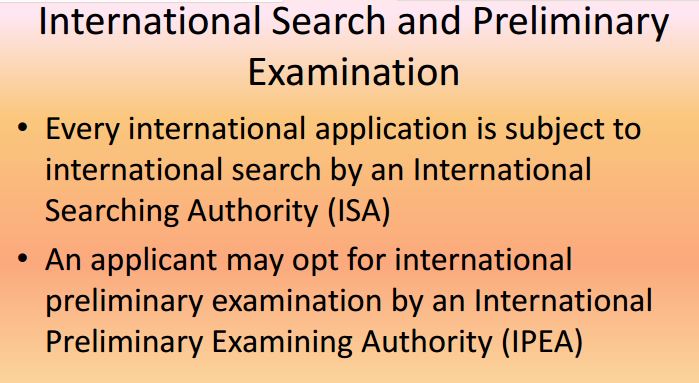
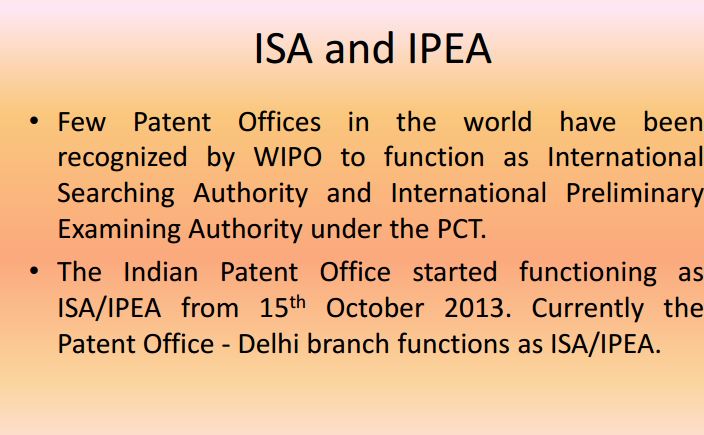
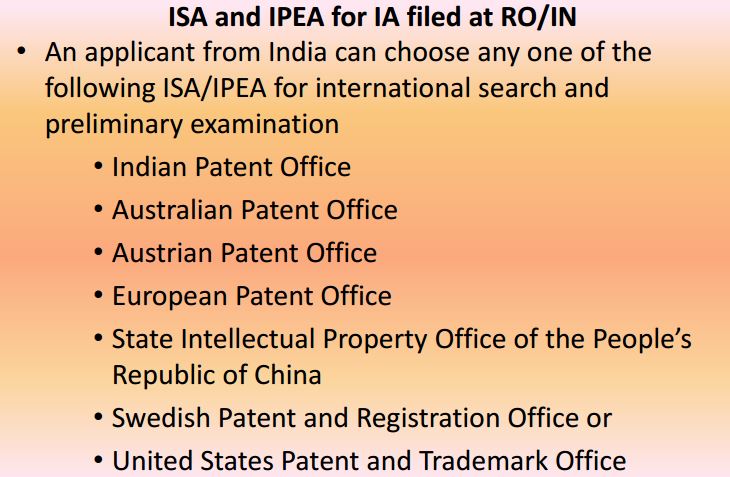
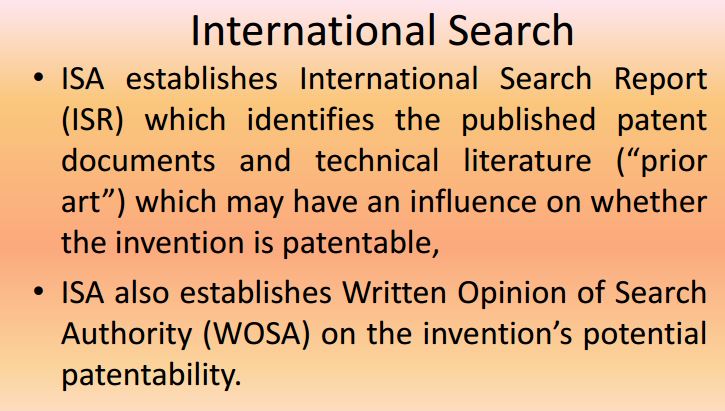
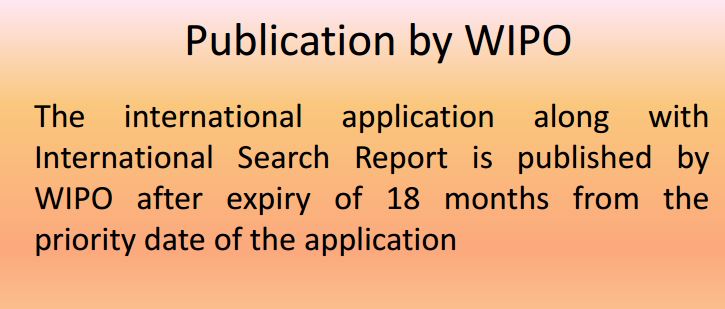
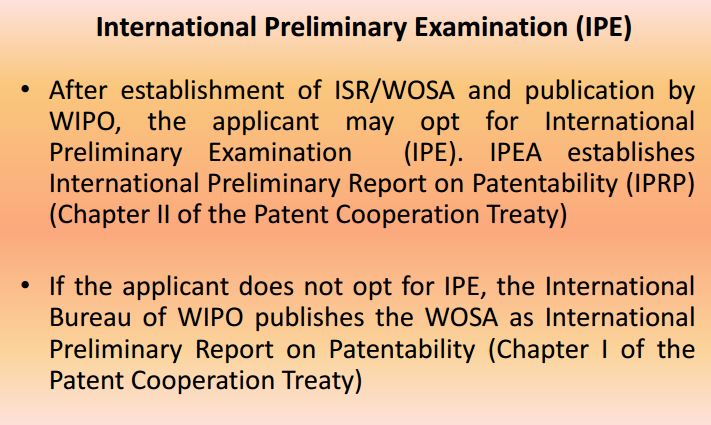
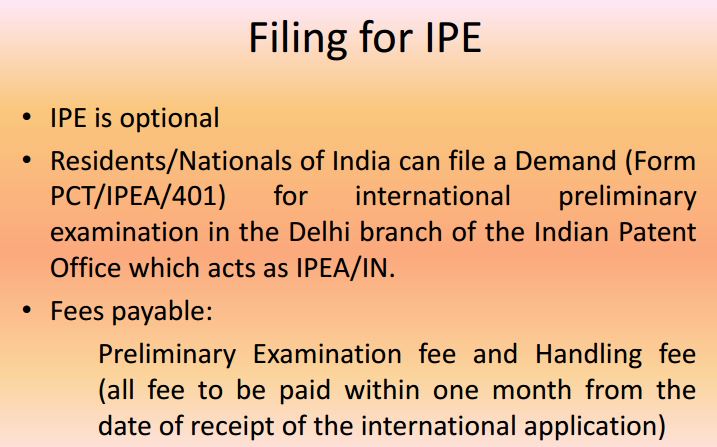
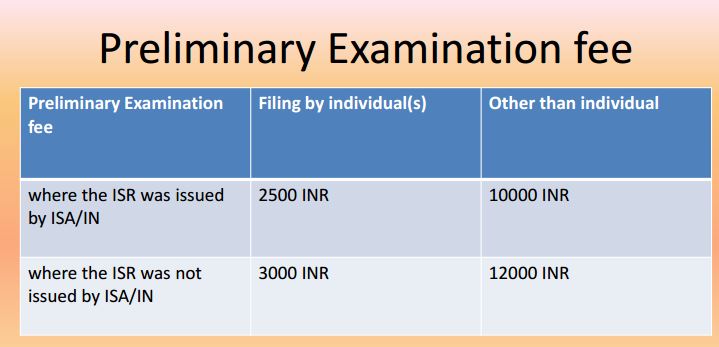
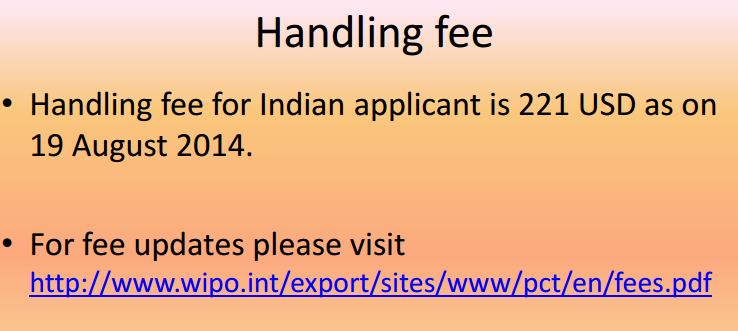
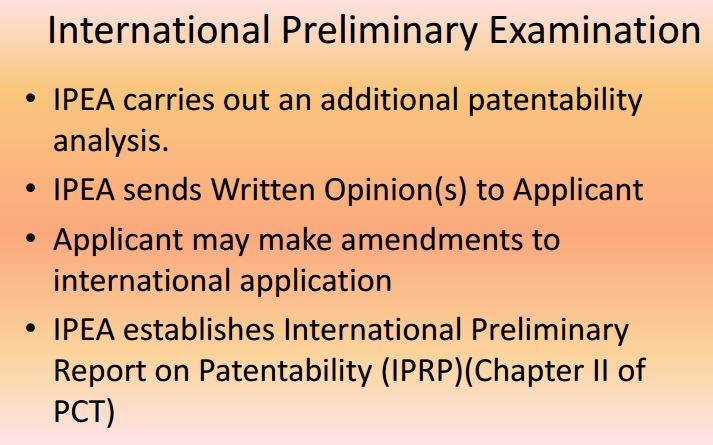
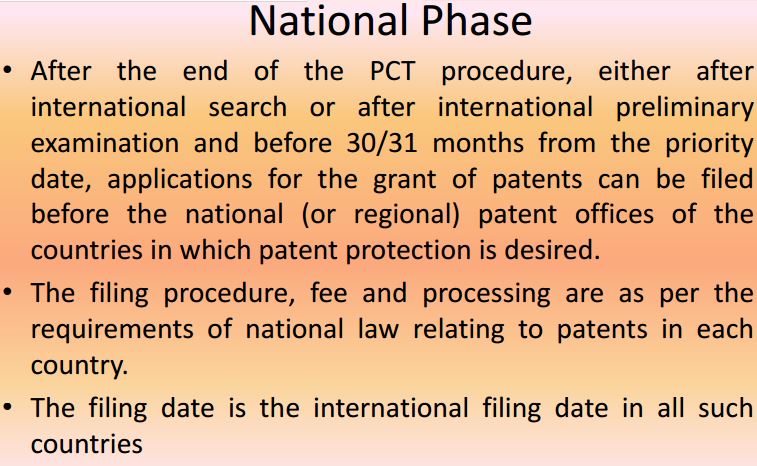
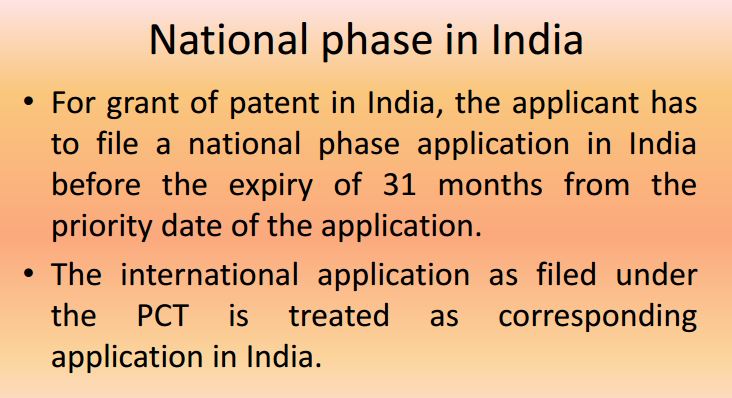
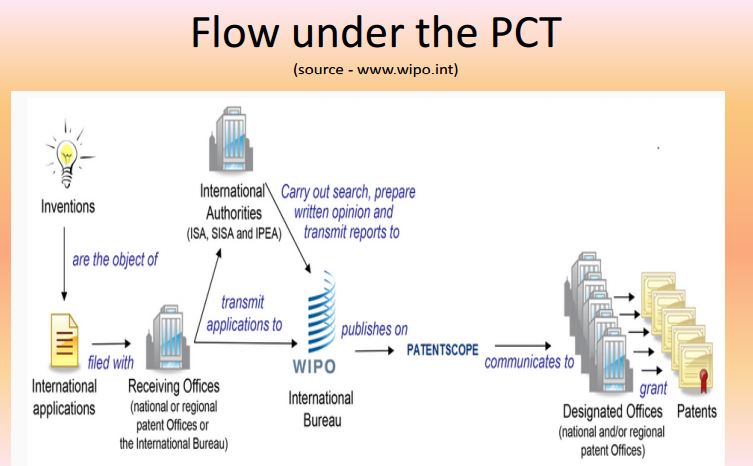
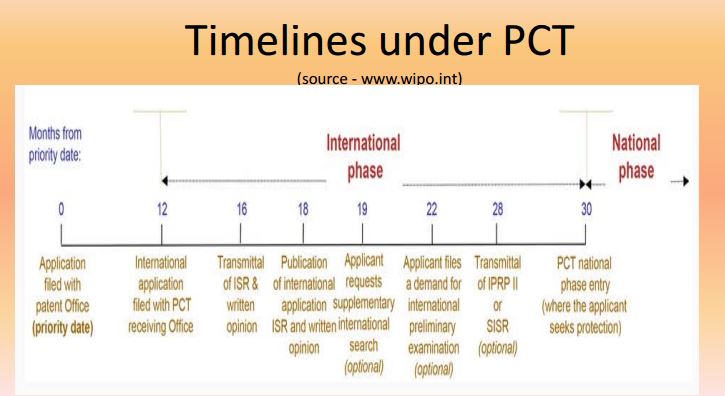

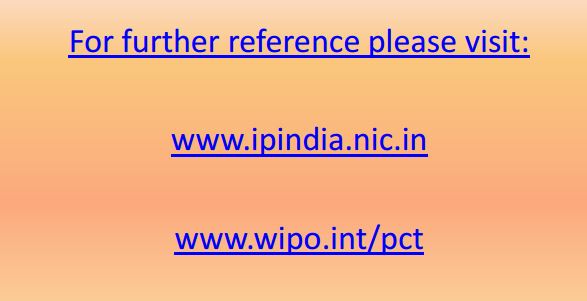
///////////////////PCT, PATENT















Thanks Admin Nice Post Keep UpDate.Thank You.
ReplyDeleteTop 10 Most Popular Internet Marketing Vip SEO Tool Online Free Download Please Visit Our Website
http://fullcrackedpremiumseotools.blogspot.com/